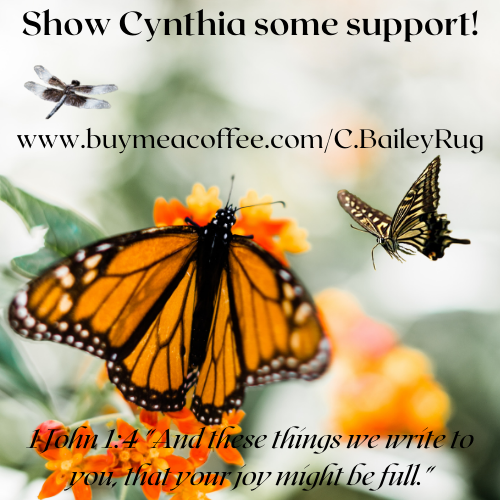Losing a parent is a truly unique & painful experience, in particular when that parent is abusive. My husband & I lost all four of our parents in a short time – one parent a year from 2016 to 2019. It was a very painful & confusing time for us both.
I realized at that time, people have no real idea on how to help those whose abusive parent has died. Thank God, I have some wonderful people who are very close to me that did know, but they were in the minority. It seemed to me that the majority of people assumed because I was no contact at the time my parents passed away, that their deaths didn’t affect me in the slightest. They couldn’t have been more wrong! And sadly, I didn’t know what I needed at the time, let alone how to express those needs. Today I want to express some common needs so that anyone who reads this can share this with their loved ones to get the help they need. Clearly grief doesn’t have a “one size fits all” solution, but I am sharing some basic needs that I believe should be able to help most people.
To support someone who has lost an abusive parent, let that person know you are in this for the long haul. Grief is a very messy journey full of ups & downs, lots of tears, anger & even joy. To someone who hasn’t seen their loved one experience such emotions, it can be pretty intimidating, but if you can get past that & let your loved one know you are going to be there for them no matter what, that person is going to treasure you.
Don’t judge. When my father died, I barely shed a tear. When my mother died almost exactly 18 months later, I was utterly devastated. There was also a painful feeling of relief that the abuse was finally over when they died. When each of my parents died, I did NOT need judgment about my feelings. I needed love, support & comforting words letting me know that my feelings were valid, even though they were vastly different with each parent. Thank God, I have all of that in my wonderful best friend. Everyone needs someone like this to help them survive losing their abusive parent.
Don’t try to rush grief. Grief is unpredictable & has no time table. Rather than trying to rush someone through their grief, encourage them to take their time & mourn however they need to. Ecclesiastes 3:4 says there is a time to mourn, & this is so true. While sometimes a distraction from their loss might be helpful, crying & getting their feelings out is even more helpful.
If you don’t know what to say, admit it. Sometimes in these situations, the most helpful thing a person can hear is “I don’t know what to say, but I’m here to help if I can.” Honesty like that goes a very long way. And, it is so much better than saying something that while well meaning, comes across hurtful.
Check in often. Some people tend to withdraw when going through trials. I’m one of those people. But, that doesn’t mean people like me don’t want to know other people care! A quick text to say, “How are you today?” or “Thinking of you” can mean the world to someone who is grieving. Extroverted people need these check ins so they know others care for them, too, & it may open the door for them to talk things over with you, which could help them tremendously.
Encourage them to do whatever they like that helps to process their loss. Sometimes this may be getting angry about the terrible things their parent did to them. Other times it may be as lovely as planting a garden in their parent’s honor. Let your loved one do what they want to without fear of you judging or criticizing them.
Let them know it’s ok to talk negatively about their abusive parent even though he or she has died. There is some unwritten rule out there that people aren’t supposed to speak badly of the dead. As if dying negates all bad things they’ve done & rockets them into sainthood. For children of abusive parents, this can be painful because they know their parent was no saint. They have the emotional & sometimes physical scars to prove it. If your loved one says something derogatory about their parent, let them know it’s ok to say these things. The truth doesn’t change just because someone has died. And, also let them know it’s perfectly OK to discuss whatever good things they want to about their abusive parents, too. Chances are there was something good about them, & it’s good to discuss those along with the bad things.
Offer to pray for & with your loved one. Sometimes the most comforting thing a person can do in your most painful times is pray for you. Ask God to carrying your loved one & strengthen them during this extremely painful time along with anything else you can think of this person needs.
Treating someone in these ways definitely can help them get through the intensely painful process of losing an abusive parent while strengthening your relationship at the same time.




You must be logged in to post a comment.